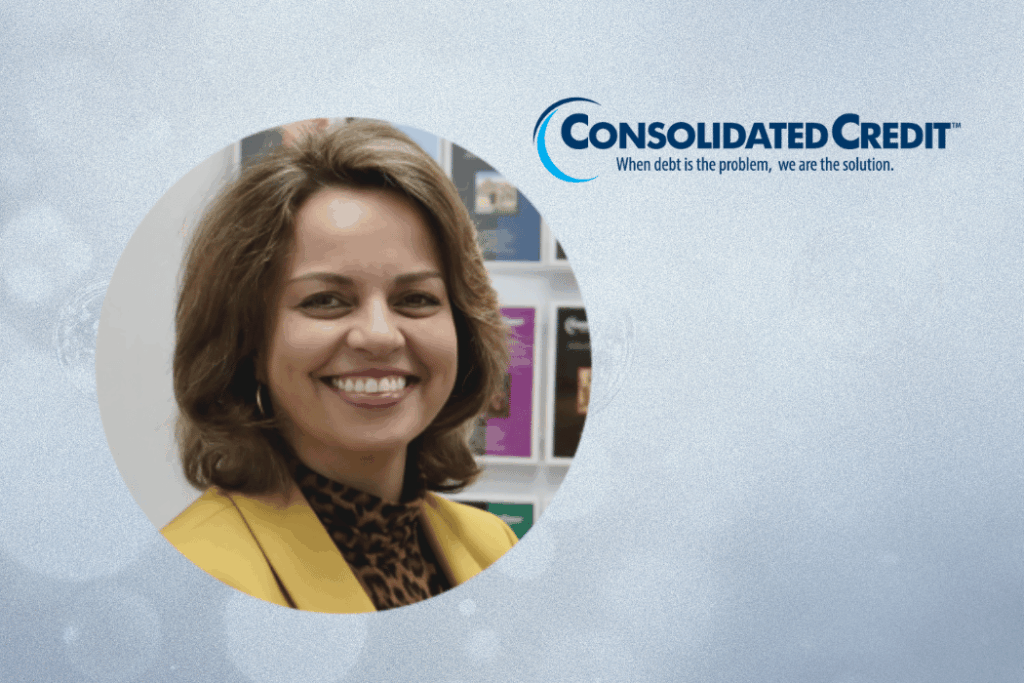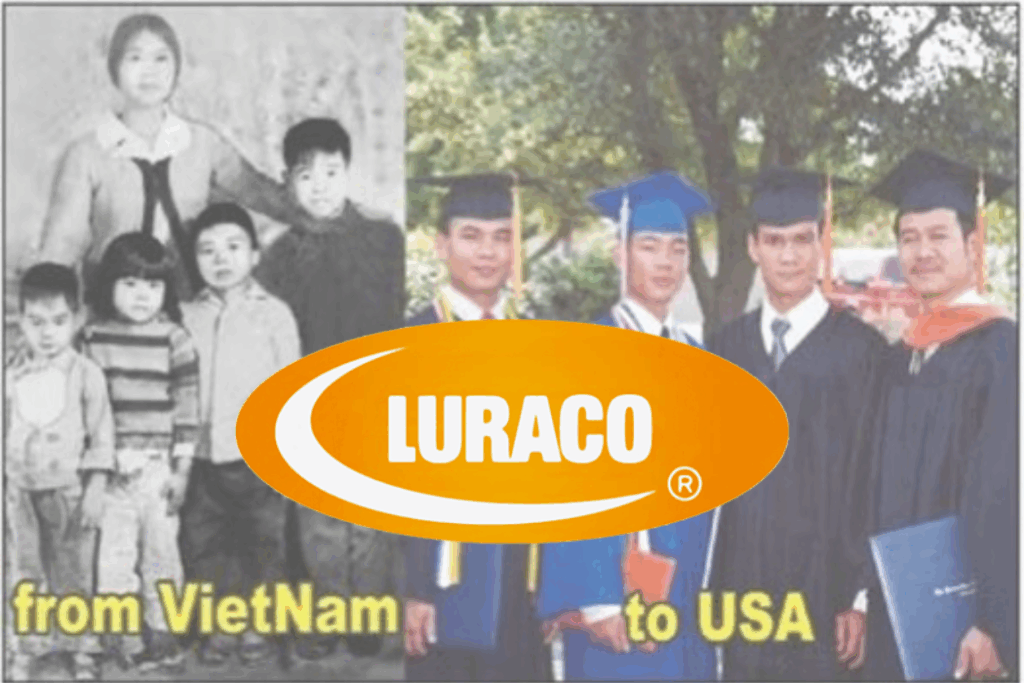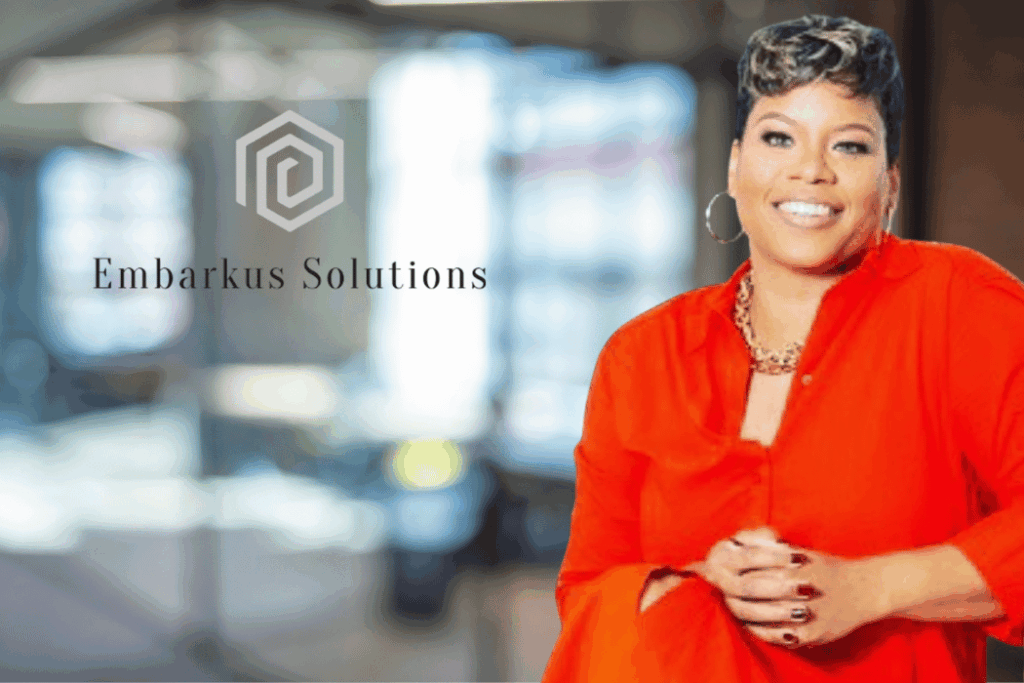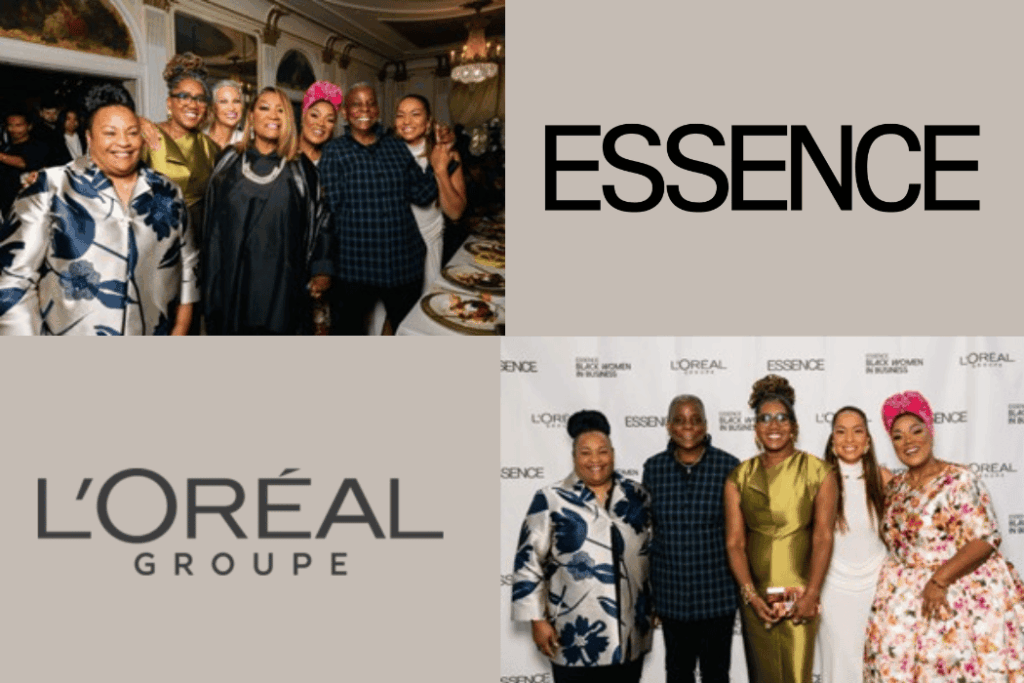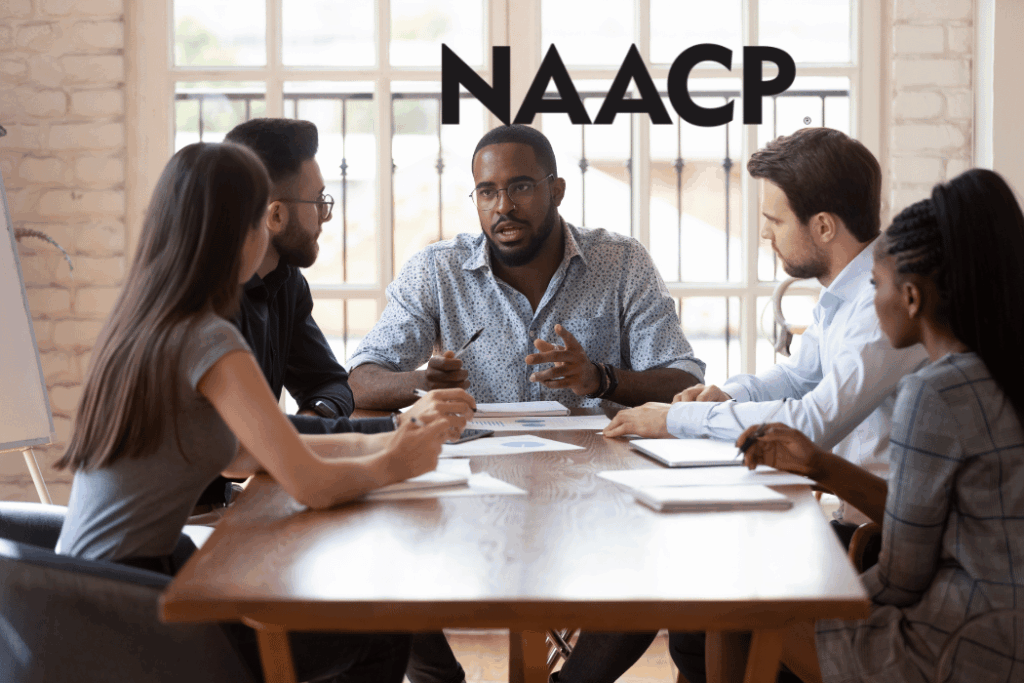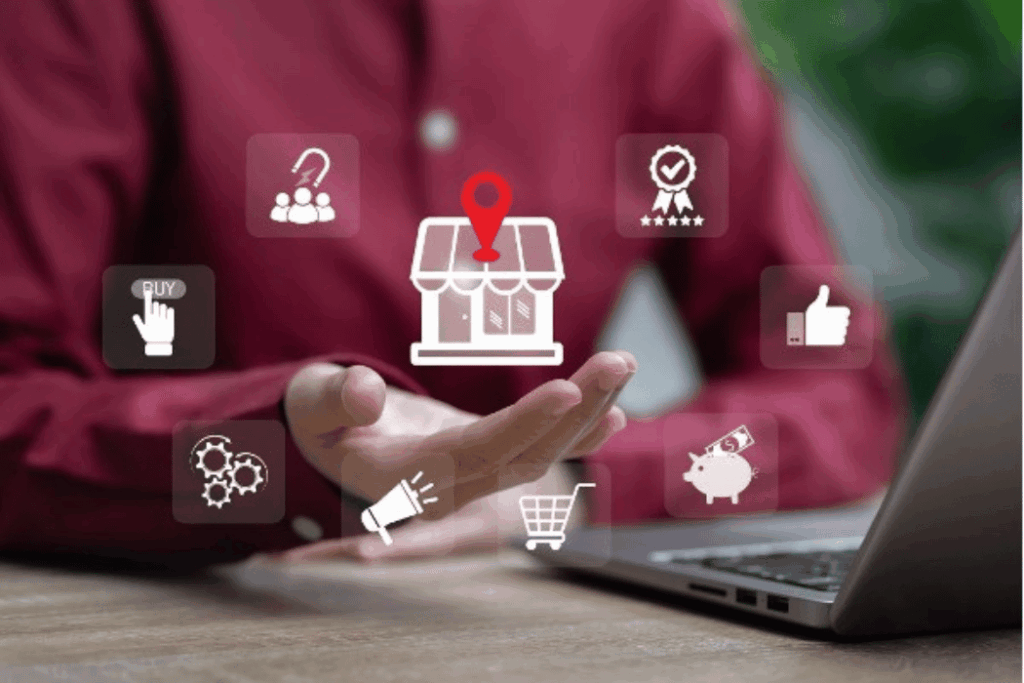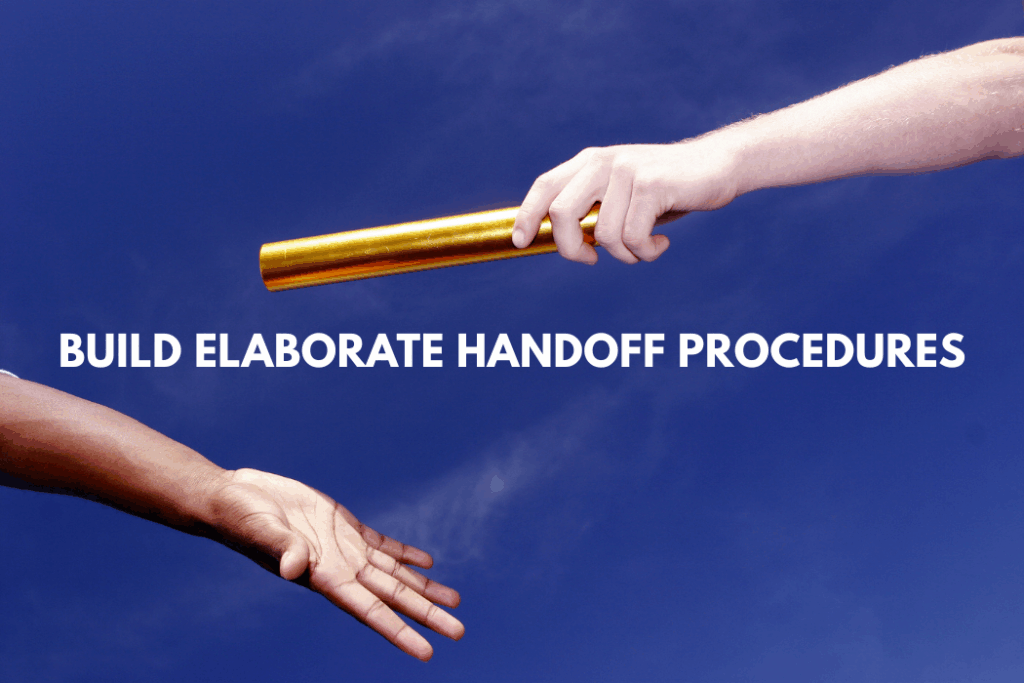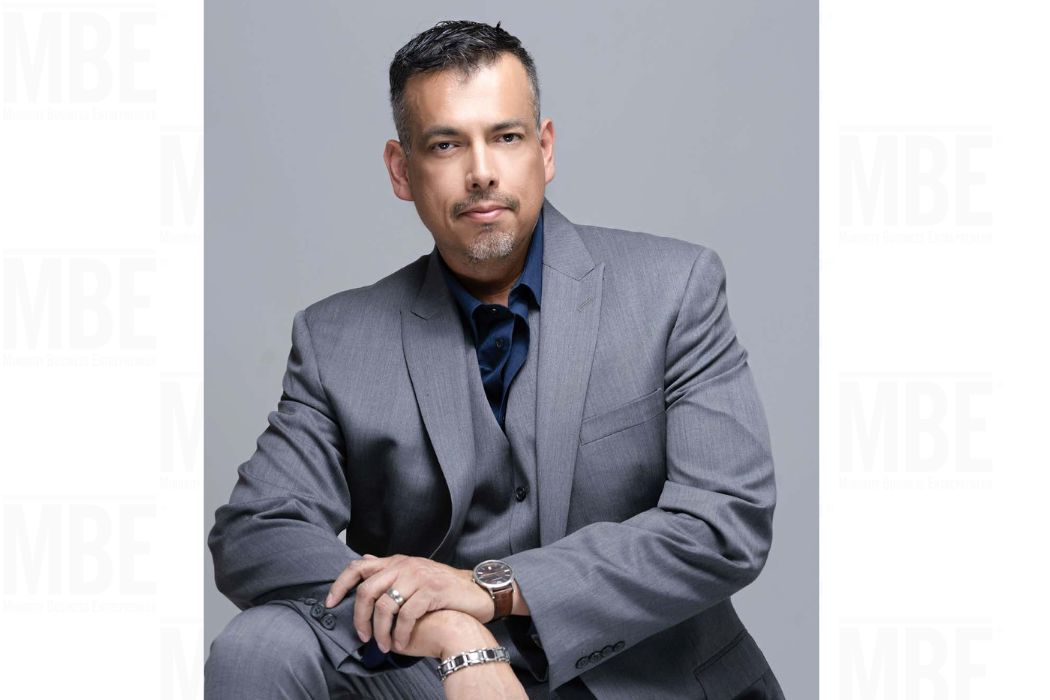
Navy veteran and CEO Mike Del Prado’s foundation helps other veterans with career transition.
Becoming an entrepreneur after military service is a path many former servicemembers take and it’s one that U.S. Navy veteran Mike Del Prado also embarked upon. Prado, president and chief executive officer of Executive Option, a business consulting firm that provides systems support and change management to businesses in 30 countries around the globe, is also committed to giving back to the community.
He is entering the second year organizing an award program with the Clark County (Nevada) School District to recognize deserving students from select schools, as well as a $10k scholarship for a deserving high school senior preparing to attend colleges or universities. He also runs nonprofit organization, the Charlie-Mike Foundation, that provides career transition and job placement services for military service members separating from the service and entering civilian life.
Employing 40 full-time team members, Executive Option has built a word-of-mouth reputation over the last 25 years as a go-to resource when companies encounter their most overwhelming challenges. What began as a one-man operation helmed by Del Prado has evolved into an enterprise of highly experienced and seasoned industry professionals, including hand-picked strategic partners spanning North America, Latin America, Europe, Africa, Asia and the Middle East.
MBE magazine recently spoke with Prado about his business success and community involvement.
Prado’s answers have been edited for brevity and clarity.
Q: What spurred you to create the foundation for veterans transitioning back into civilian life?
Prado: As a veteran, when I first got out, I felt the pinch of transitioning, the difficulties of transitioning, assimilating to civilian life, finding a job, being recognized for my background and experience during the service. And I wanted to contribute to that. We can all find jobs, but we can’t all find careers. We can’t all find satisfying opportunities that big that make us fulfilled as veterans; that we are contributing to something in a greater scale.
So, Charlie-Mike does that. We support veterans through preparation, training, even tactics, resume building, and interviews, and introducing them to corporate leadership across the U.S. to get them those right opportunities. I know for a fact that Nevada itself is a net-zero state, meaning that, on paper, there’s enough veteran organizations in the state that would satisfy over 100 percent of the veteran community in the state. The reality of it is that there is a lot of redundancy in the services, meaning that there’s gaps in other services that veterans need. Being cognizant of that and being able to work amongst other organizations that contribute to the veteran community helps us then reinforce the representation.
Q: What is Executive Option best known for and why?
Prado: I think the implementation of end-to-end solutions, that might be operational or business-specific, or in many times, it’s also technology-specific. We help organizations [of] many sizes, regardless of technology, regardless of industry. We’ve gotten a niche recognition for our capability of salvaging or resuscitating compromised projects. Many of the bigger firms have run into multi-million project failures. We get called to help salvage the project. So, we are specialized in homing in on what the root causes are, identifying the best approach to salvage that, and also make it as low-key as possible so it then becomes a newsworthy event.
Q: You operate in over 30 countries, signifies that you’ve had a lot of business growth. What has been the key to growing your business?
Prado: I think it’s that trust factor. I use the old-school car salesman analogy where there’s many of us out there and we’re all trying to push a product or service. For me, it’s not that I don’t have a massive marketing presence. I don’t have a huge footprint, because of the sensitivity of many of the projects I work with. So, the organizations that I work with and work with across the globe have allowed me to expand my knowledge and capabilities, and obviously I cannot do that as a single person, which drove me to expand my enterprise.
We did find a home here in Las Vegas, and I was able to build a team. We’re very selective on the people we choose because we want to make sure that they fit the culture we need to be. I’m not necessarily looking at your resume or the mass amount of your background, but more your willingness and your hunger to be able to evolve and grow, understanding whether we’ll never reach the peak of a mountain, but we always have to continue to climb in personally and professionally. So that’s our focus, and that’s what drove me to grow.
Q: What is it about your business that you are the most passionate?
IQ: I think affecting meaningful change for my clients. It’s the satisfaction that myself, my team, my contractors get from seeing true change. I worked in the public sector and I worked in the private sector, seeing where maybe the light bulb turns on or all the way to seeing where we’ve actually impacted somebody’s life and health, making their work easier, creating automations, finding better organizational representation, stuff like that. It does hit your heart to see that, and we look for that. We’re not the organization that’s looking to lock in a contract and make money. We’re looking to make change and create better relationships with our client community.
Q: What’s been your proudest moment as CEO?
Prado: Oh, wow, so many. The corporate environment I have, and I call my staff my family, watching them evolve and being part of projects, whether directly or indirectly, and seeing that change. It gives them their internal incentive to continue to grow and evolve, allowing for cross-pollination through the open-door policy in our offices that everybody talks and shares their responsibilities, their knowledge, their capabilities, their accomplishments, which allows them to become a better fortified unit of growth and support for our clients. I see that, and I see that growth, and I’m very proud of that. I can definitely eventually retire, knowing that the fort will be held, and the quality of service will not be impacted.
Q: On the other hand, what is the toughest decision that you’ve had to make in the last few years?
Prado: Let’s hit the pandemic because that is the normal response nowadays, in this day and age. The pain that I assimilated for my clients and having to help them shut their doors from the educational sector, the private sector, and even at the end of the casinos. Not necessarily the closing of the business, but the impact associated with the employees and staff was definitely a difficult thing.
Now, that also impacted obviously our organization as well, because if projects go to a halt and businesses close, we also get impacted. Having to balance, on a scale, the high risk associated with keeping staff and contractors working for me without having any revenue stream associated to the projects they were originally assigned to. Or letting them go and ensuring the continuity and the steady pace of the business was a difficult decision. I opted to take the very high risk of keeping all my staff, which was a very risky endeavor. We did take massive hits, but at the end of the day, things picked up. We were able to regain our balance, and I’m very proud to say that all my staff stayed with me. With that said, nevertheless, that was a very trying and stressful situation.
Now, in relation to other tough moments or tough decisions that we make, obviously for me, it’s the burning, the midnight of the balance. I’ve done this for almost 30 years, have traveled the globe, have missed many birthdays, have missed many Christmases, have missed my family growing up. But it was all the tax you pay sometimes for finding the success. And hopefully, that you’re successful enough to be able to regain that lost time through being a CEO, being able to take time for my family, travel with my family, enjoy it, and with my extended corporate family as well, and seeing them grow as well. So I feel like a father, a brother, and a partner to everybody that works with me, including my family who works with me now in the company.

